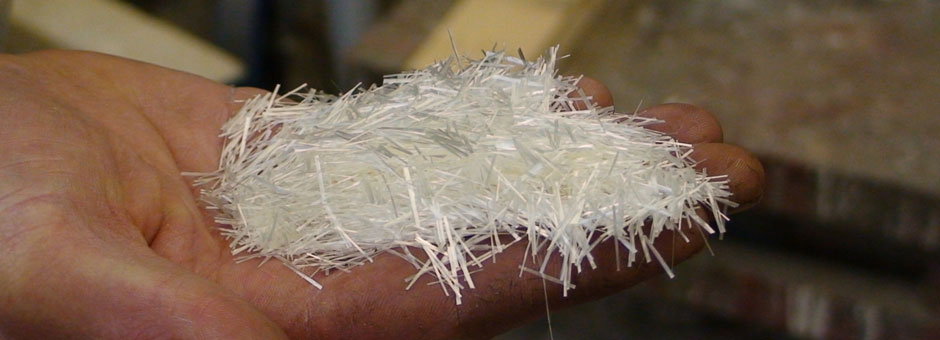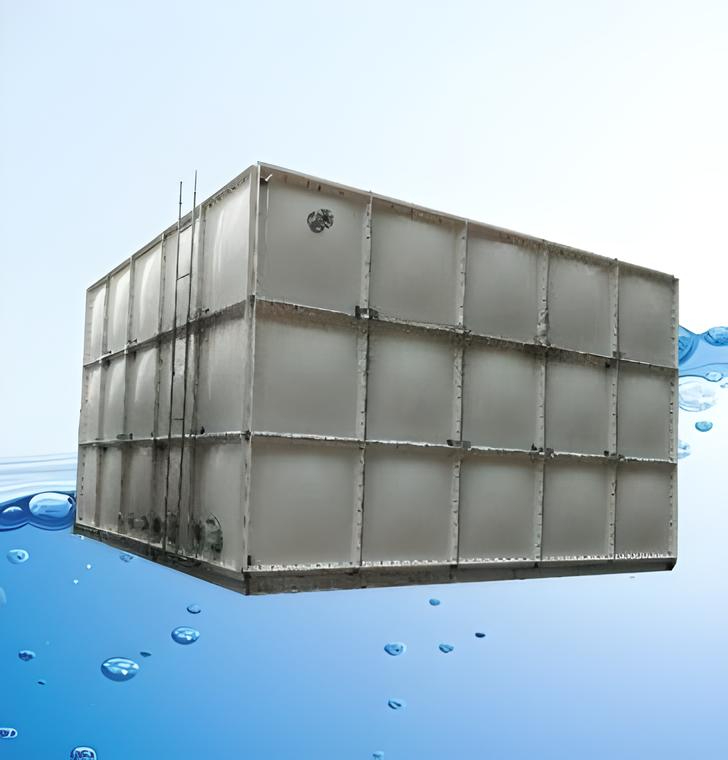Glass Reinforced Plastic (GRP), also known as fiberglass, is a highly durable and versatile composite material. One of the standout features of GRP is its remarkable water resistance, making it a top choice for industries like water storage, marine construction, and other environments where exposure to water is unavoidable. As sustainability becomes increasingly important, GRP offers a reliable solution for structures needing long-term durability and minimal maintenance.
GRP is a composite material made from a polymer matrix reinforced with glass fibers. This structure offers a lightweight yet robust material that resists not only mechanical wear but also environmental factors like moisture, chemicals, and temperature extremes. Due to its flexible design and durability, GRP is often chosen for GRP water tanks, marine vessels, and a wide range of water-resistant applications.

GRP’s exceptional water resistance results from its unique material structure and the manufacturing processes involved. Here's how GRP maintains such high levels of resistance to water:
The surface of GRP is non-porous, meaning that it doesn’t allow water or other liquids to pass through. This characteristic is critical in applications like GRP water storage tanks, as the non-porous surface prevents leakage or contamination from external sources. This is why GRP is extensively used in industries that rely on clean, stable, and long-term water storage.
In addition to water resistance, GRP is also resistant to corrosion. This property is especially important for industries exposed to seawater, chemical solutions, or other harsh environmental conditions. Traditional materials like steel may rust or corrode over time when exposed to water, but GRP remains unaffected, maintaining both its structural integrity and appearance.
GRP is designed to withstand harsh environments where exposure to water, chemicals, or UV radiation is common. In marine environments or industrial settings, GRP is a favored material for its ability to remain water-resistant without swelling, cracking, or deteriorating, even after prolonged exposure to harsh conditions. This allows it to be widely used in the construction of GRP marine vessels and fiberglass pipelines.
Another key factor in GRP’s water resistance is its ability to resist UV degradation. UV exposure can damage some materials over time, causing cracking or brittleness, but GRP products are often treated with UV-resistant coatings. This ensures that they retain their water-resistant properties even under direct sunlight, making GRP ideal for outdoor applications like roofing, cladding, and storage tanks.
Due to its superior water resistance, GRP is used in numerous industries where water exposure is a critical factor. Here are some common applications of GRP:
The water resistance of GRP is one of the most important characteristics that contribute to its widespread use. In sectors such as water storage and marine construction, ensuring the structural integrity of materials exposed to constant water or moisture is crucial. By offering resistance to both water and corrosion, GRP helps reduce long-term maintenance costs, improve safety, and extend the lifespan of the structures it’s used in.

As industries move towards more sustainable solutions, GRP’s water resistance plays a significant role in its environmental benefits. Because GRP products require minimal maintenance and have long lifespans, they reduce the need for frequent replacements. This reduces waste and conserves resources, making GRP an eco-friendly option for both industrial and residential applications.
In conclusion, GRP’s exceptional water resistance is a key factor behind its growing use in industries like water storage, marine applications, and construction. Its non-porous surface, resistance to corrosion, and ability to withstand harsh environmental conditions make it an ideal choice for applications where long-term exposure to water is expected. From GRP water tanks to fiberglass marine vessels, GRP remains one of the most durable and reliable materials available for projects requiring water resistance.
Experience the brand Trusted by Renowned Companies across the GLOBE.

Pipeco stands at the forefront of the market, recognized as a premier manufacturer, supplier, and exporter specializing in top-tier GRP water tanks, stainless steel water tanks, and SMC manhole covers, FRP Water Tank, Fiberglass Tank, SMC Water Tank committed to delivering unparalleled quality and excellence.